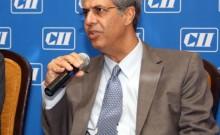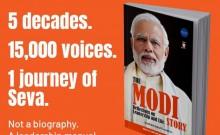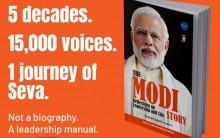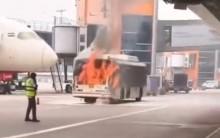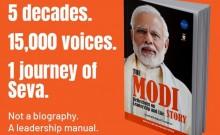
Commending the high level of commitment by India to human rights, a UN expert has urged the government to withdraw the controversial Armed Forces Special Power Act 1958 (AFSPA).
"During my visit to Kashmir, AFSPA was described to me as 'hated' and 'draconian'. It clearly violates International Law. A number of UN treaty bodies have pronounced it to be in violation of International Law as well," UN special rapporteur on extrajudicial, arbitrary executions, Christof Heyns told reporters in New Delhi Friday.
The special rapporteur was in the country in a two week long fact-finding mission to examine situations of extrajudicial, summary or arbitrary executions in India.
Urging the government for immediate repeal of the laws providing for immunity from prosecution of the police and the armed forces, he called the Indian government to ratify a number of international treaties, including those related to torture and enforced disappearance.
Heyns told that he recognized the size, complexity, security concerns and diversity of India. However, he remains concerned that the challenges with respect to the protection of the right to life in the country are still considerable.
"Evidence gathered confirmed the use of so-called 'fake encounters' in certain parts of the country. Where this happens, a scene of a shoot-out is created, in which people who have been targeted are projected as the aggressors who shot at the police and were then killed in self-defence," Heyns said in a release.
Stating the high level of impunity that the police and armed forces enjoy as "exacerbated" the expert said that any prosecutions require sanction from the central government.
"Moreover, in the north-eastern states, and Jammu and Kashmir, the armed forces have wide powers to employ lethal force," he added.


